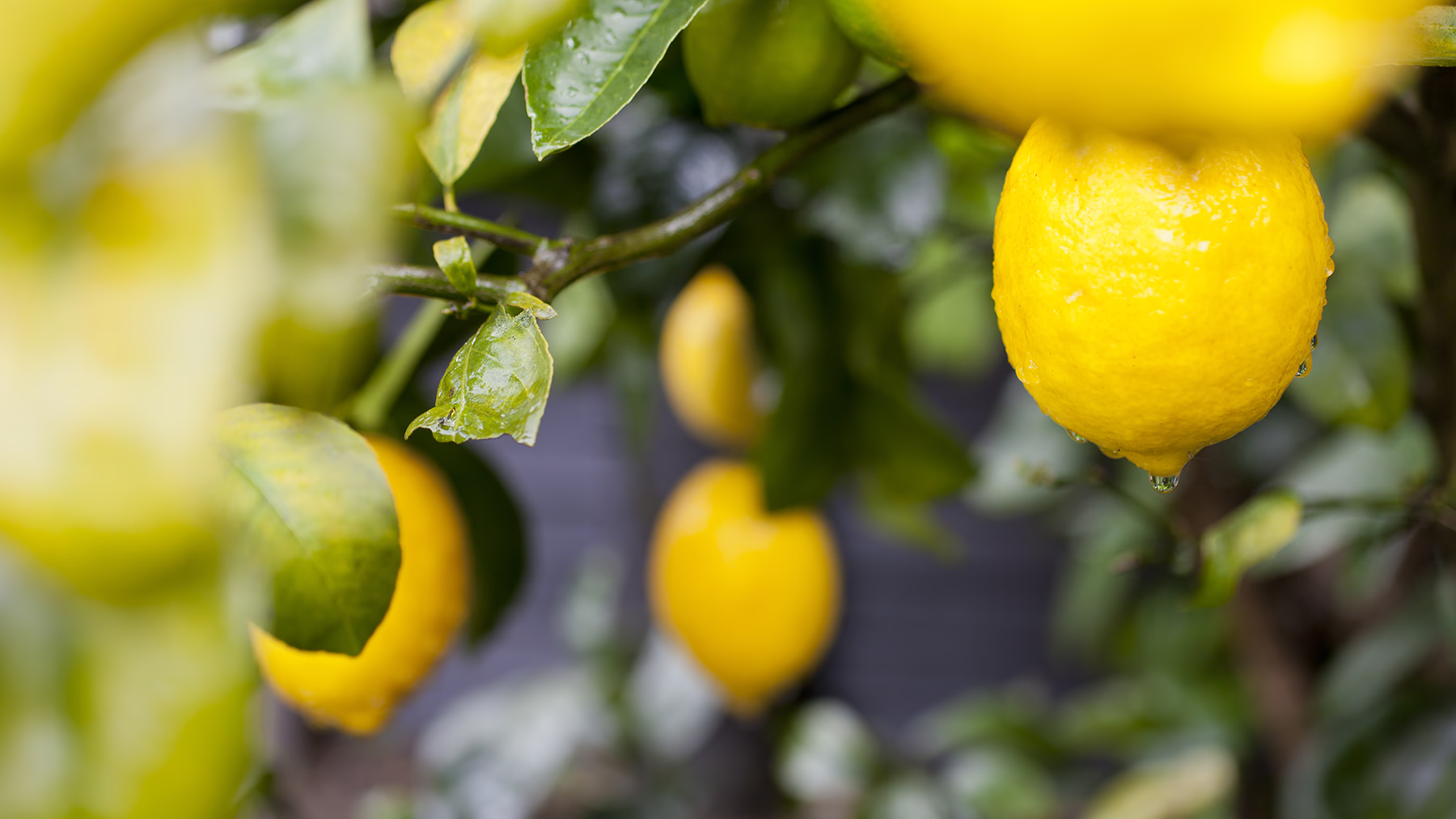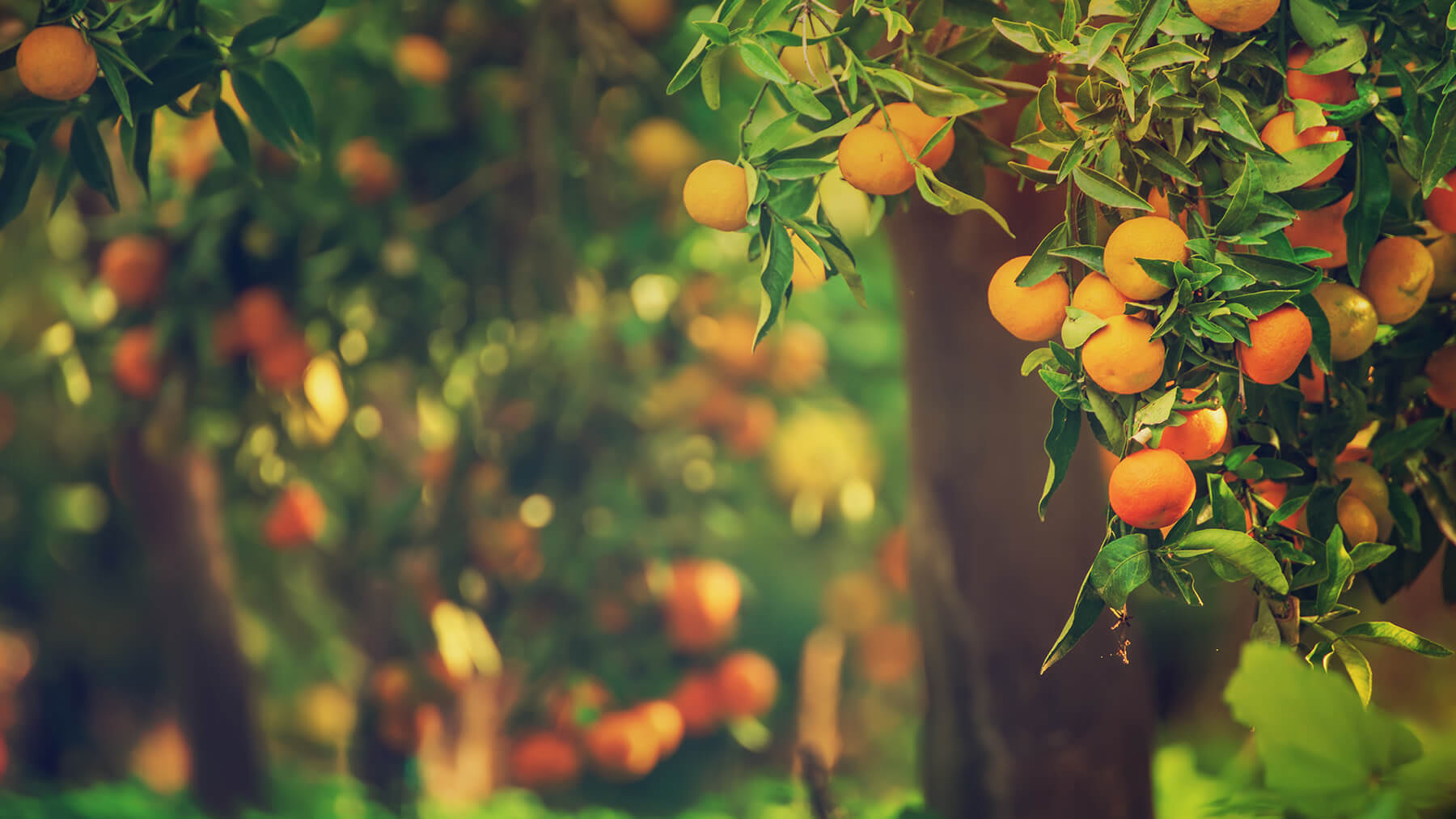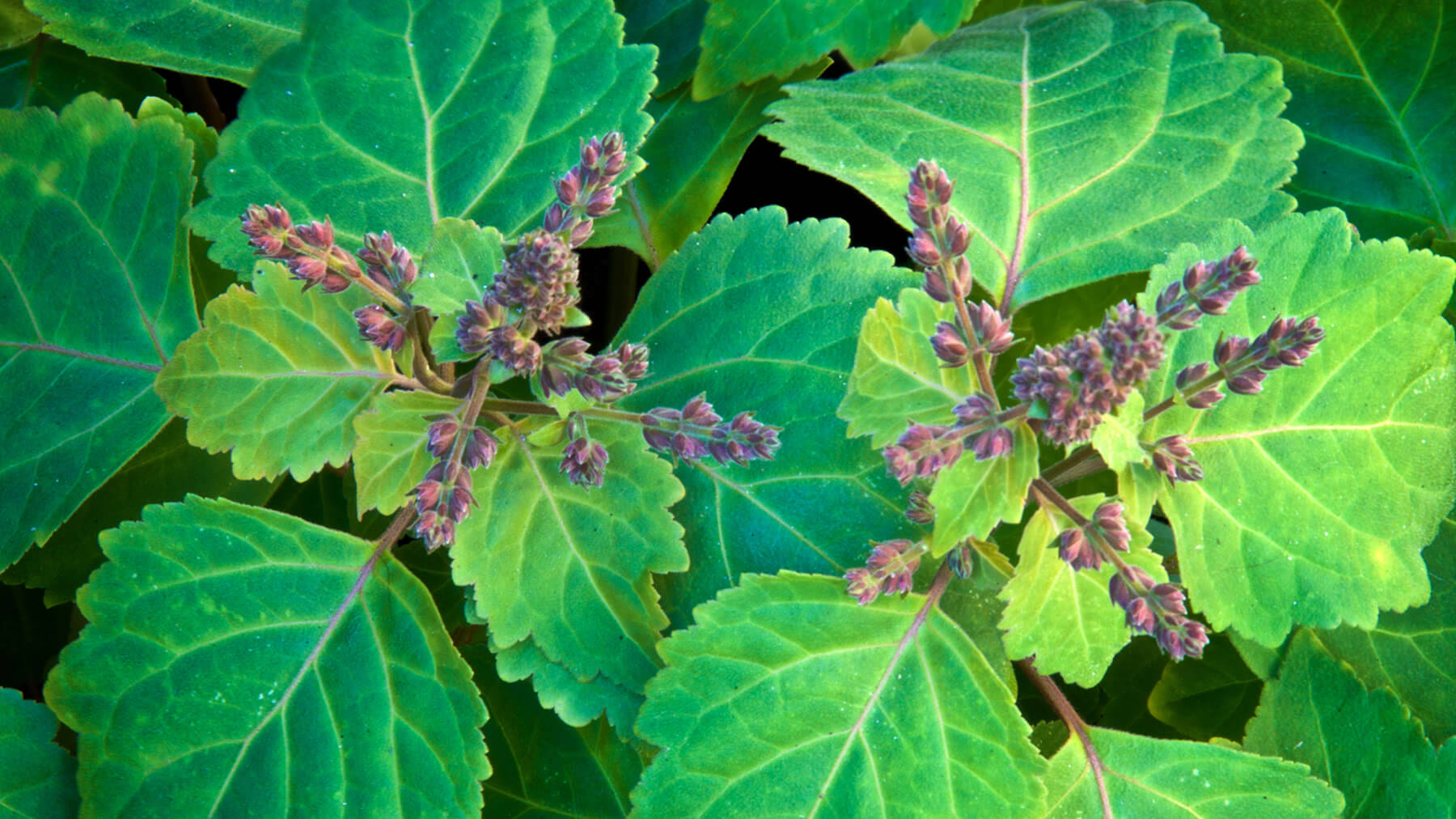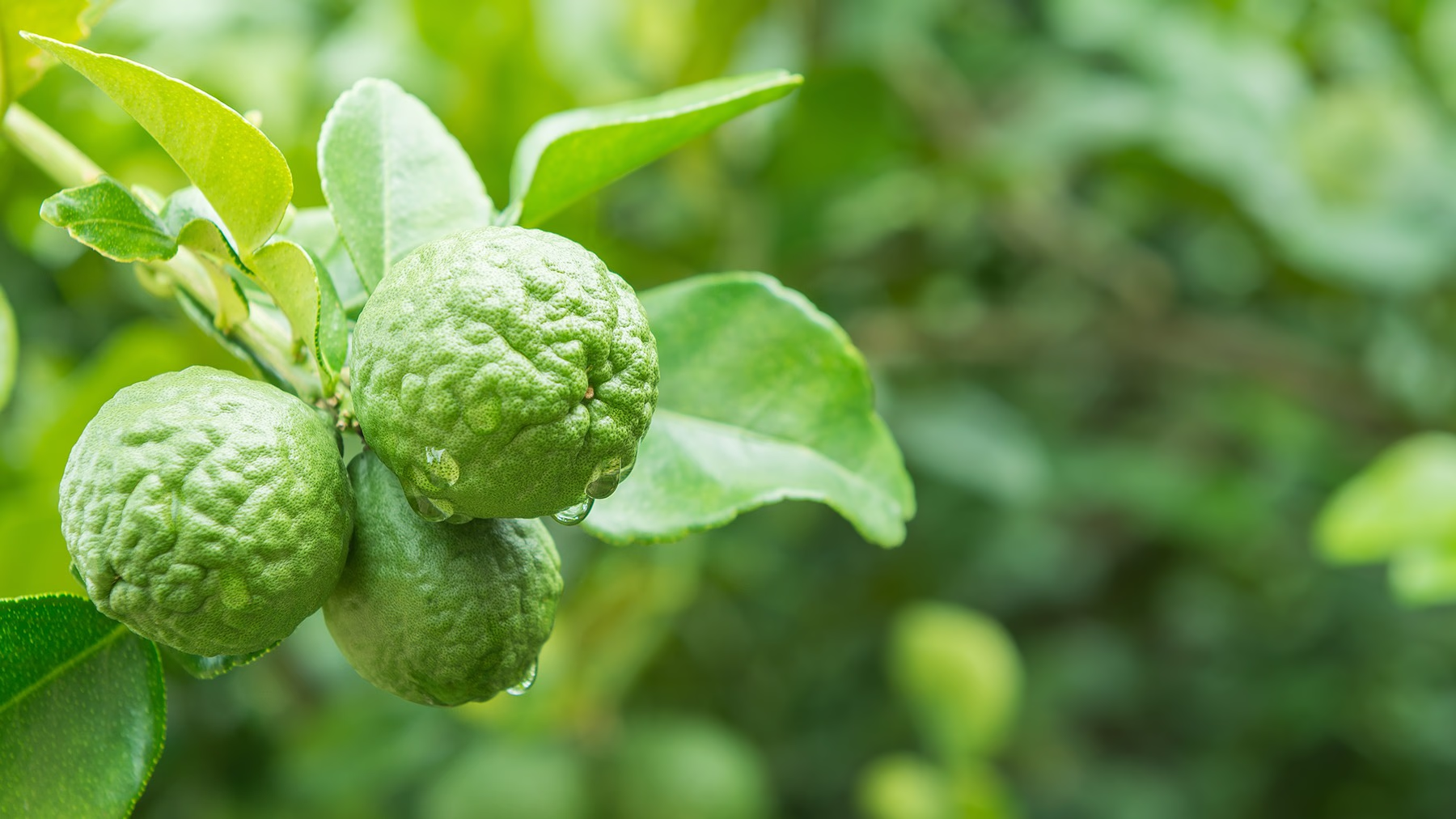
To create the very best high-quality fragrances, an intimate understanding of the world of botanicals is crucial. Here at CRANBOURN®, we pride ourselves on our research, discovery, expertise and appreciation of different botanicals from around the globe.
In our Botanical Spotlight series, we will delve into the scientific, cultural and olfactory roots of the key botanicals from our fragrance collections.
Due to its distinctive flavour and scent, the humble lemon is a household name. However, this incredible fruit is packed with punch and power, and should not be underestimated.
The lemon is from the family Rutaceae, genus Citrus and species C. Limon, and it is a renowned member of the beautiful citrus group.




